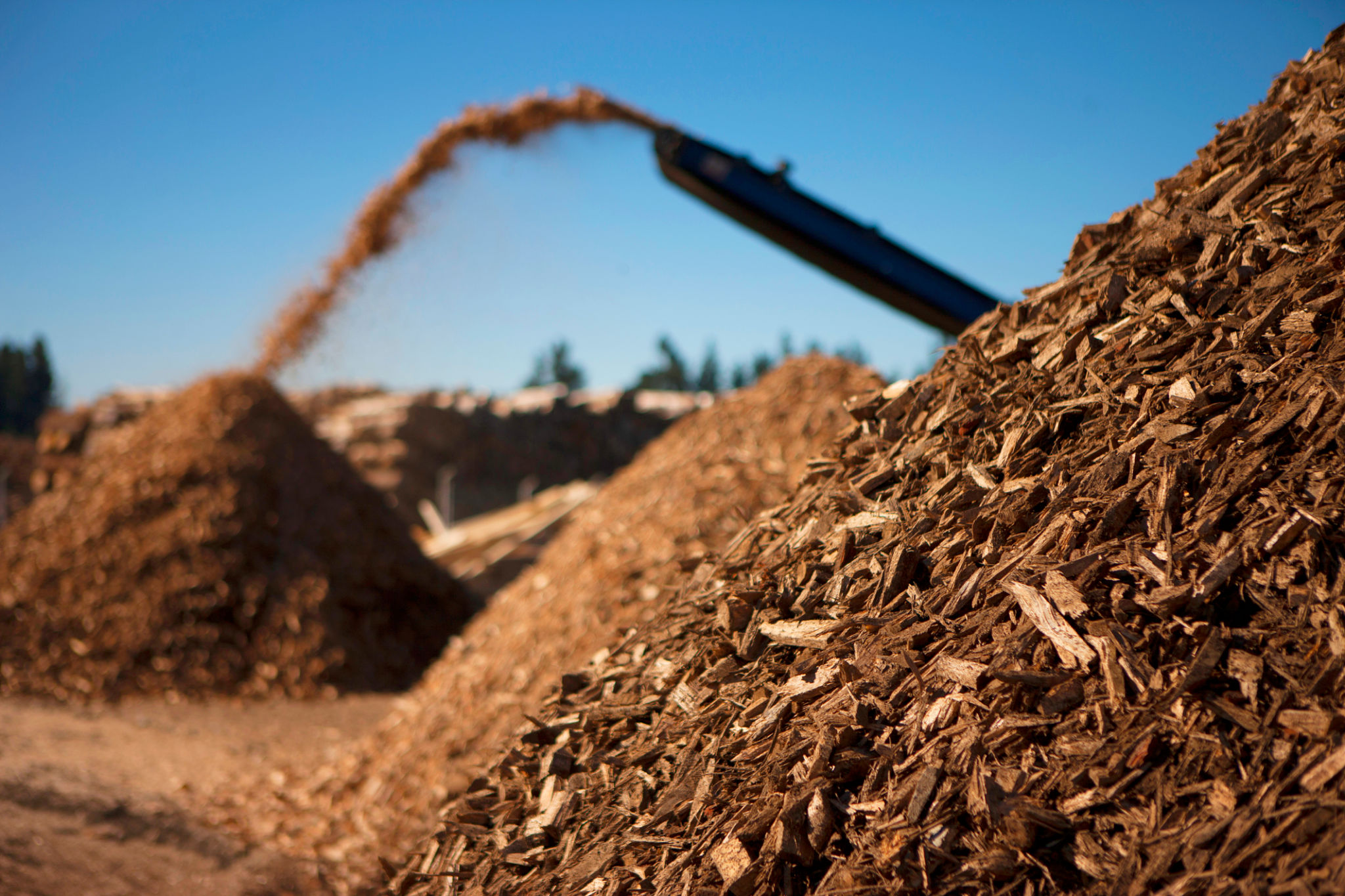Exploring the Best Alternatives to Traditional Energy Providers in SA
Introduction to Alternative Energy Sources
As the global demand for energy continues to rise, many people in South Africa are seeking more sustainable and cost-effective alternatives to traditional energy providers. With advancements in technology and growing environmental awareness, several renewable energy sources have emerged as viable options. In this blog post, we will explore some of the best alternatives available to South Africans looking to reduce their carbon footprint and energy costs.

Solar Power: Harnessing the Sun
One of the most popular alternatives to conventional energy is solar power. By installing solar panels on rooftops, homeowners can capture and convert sunlight into electricity. This not only reduces reliance on the national grid but also offers significant savings on electricity bills. Solar power systems can be customized to meet the energy needs of homes and businesses, making them a versatile option for many.
South Africa, with its abundant sunshine, is an ideal location for solar energy production. The initial investment in solar panels can be high, but government incentives and declining equipment costs have made solar power more accessible than ever before.
Wind Energy: Tapping into Natural Forces
Another promising alternative is wind energy. Wind turbines convert the kinetic energy from wind into electricity, providing a clean and sustainable power source. Although wind farms are typically large-scale operations, small wind turbines can be installed for residential or community use.

The Western Cape and Eastern Cape regions offer excellent wind conditions, making them prime locations for wind energy projects. As technology improves, wind power continues to become more efficient and cost-effective.
Biomass Energy: Utilizing Organic Waste
Biomass energy is derived from organic materials such as agricultural waste, wood, and even household waste. This renewable energy source can be converted into electricity or used as fuel for heating. Biomass systems are particularly beneficial for rural areas where agricultural waste is abundant.
By utilizing biomass, not only is waste reduced, but it also provides a reliable energy source that supports local economies. As awareness of biomass energy grows, more innovative solutions are being developed to maximize its potential.

Hydropower: Capturing the Power of Water
Hydropower harnesses the energy of flowing water to generate electricity. While large-scale hydropower projects require significant infrastructure, smaller micro-hydropower systems can be used in rivers or streams to power rural communities.
South Africa has several rivers with potential for micro-hydropower development. This form of energy is both renewable and reliable, providing a consistent power supply with minimal environmental impact.
Conclusion: Choosing the Right Alternative
With a variety of renewable energy sources available, South Africans have the opportunity to transition away from traditional energy providers. Each alternative offers unique benefits, and the choice depends on factors such as location, budget, and energy needs.
By embracing these sustainable options, individuals and communities can contribute to a cleaner environment while enjoying long-term savings on energy costs. As technology continues to evolve, the future of energy in South Africa looks promising and sustainable.